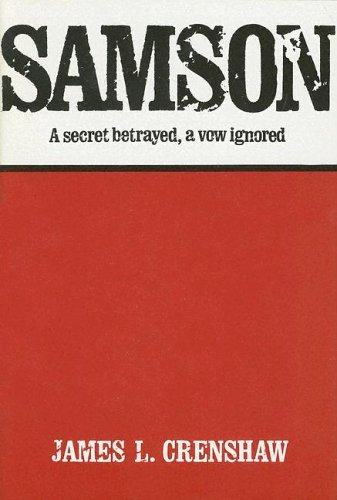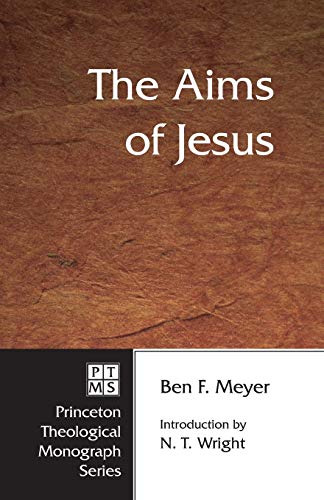Volume 6 - Issue 2
Editorial
By Robert NorrisIt has often been claimed that the Evangelical Christian Community languishes from a lack of creativity. Simple recitation of the positions of the past seem all too often the only answer that we produce to fresh thinking from non-evangelical thinkers.
It is my belief that all too often originality and creativity are stifled in evangelical scholars because they are afraid of the all too quickly bestowed title of being ‘unsound’, when all that they are seeking to do is re-evaluate the work of other thinkers and other ages in the light of research and thought that they have found. One problem of course is summed up in the Chinese proverb ‘Learning without thought is a snare; thought without learning is a danger.’ Originality without learning often needs to be dismissed as having neither perspective or information. Learning without thought however is dry and arid and deserves the rejection of those who value integrity in Christian thinkers.
Tozer argued that a sense of wonderment at the Creation, and an awareness of the moral law, combined with a sure knowledge of the Scriptures, a good historical sense, and some intimate contact with the Christian religion are the raw materials for creative thought. All the elements of good theology are contained within this framework. After all, the central features of Creation and Redemption, combined with a hold on the past and an openness to what it can tell us about men’s search for truth all add up to a healthy mixture. Many today have these elements without the added feature of ‘intimate contact with the Christian religion’ and this is not any conversion experience but an involvement with the life of the church. The great religious leaders and creative thinkers of the past were rarely men of leisure; mostly they were men who were heavily involved with responsibilities to the Christian Community. An Athanasius with his far reaching episcopal duties and political involvement; a Calvin with his worldwide correspondence and local responsibility to the church at Geneva; these men were creative but added to their creativity a direct awareness of the life, needs and problems of the church. Perhaps this is one element we need to see more directly encouraged.
There are those things which also mitigate against creativity within the evangelical thinkers and that I have touched upon already—the quick and complete condemnation that often comes to those who think in a way that the past has not dictated, or in categories that are unfamiliar. Perhaps we need to listen to the new questions and think through the new categories before we utter our anathemas!
Another dissuader from creative writing is the lack of journals that can give space to those who are just beginning to write. It is one of the aims of the Themelios committee to provide space to those new contributors who have something to say—always of course accepting the fact that creativity is supplemented with learning and sanctified submission to the authority of the Scriptures.
I am pleased to be able to add the name of Studia Biblica et Theologica as another of those journals seeking to give space to students in seminaries and graduate schools. It is a journal of Fuller Theological Seminary and is edited by James E. Bradley, one of the staff of Fuller Seminary.
More outlets for creative writing are necessary if we are going to maintain the standards of evangelical scholarship which our present generation of theologians has set.
Yet there is one more need for creative thinkers and that is that they be worshippers. We approach our faith as men who have received so much from our God that we seek now to serve Him in an obedient and sanctified search for truth. Teachers, we are reminded are worthy of double honour, but then they stand in peril of double judgment! In this issue of the journal we are pleased to include reviews of the most useful of the periodical literature in the past year in each of the four main disciplines. This has always been one of the most appreciated ministries of the journal and this year we do not anticipate any change of heart.
Also there are articles covering a whole range of subjects which seem to me to illustrate evangelical creativity in a variety of areas. Firstly, we have an article from Richard J. Mouw, in which he examines the relationship between sociology and theology. Review of traditional pictures of the past with regard to the Radical Reformation is comprehensively prepared by Dr Skevington Wood. A re-examination of a traditional thorny point of theological controversy is masterly handled by Dr Howard Biggs, where in his substantial article on ‘Q’ we have an examination of the state of present research and some new insights in this confused area.
All in all this issue of the journal contains much that will be a resource to evangelical students seeking answers, and provide much stimulus to those seeking to broaden their interests in theology.
Robert Norris
Robert Norris holds a BA degree from Kings College in London and dual doctorates in history and dogmatics from the University of St. Andrews in Scotland. He serves as pastor of Fourth Presbyterian Church in Bethesda, Maryland and has taught at Washington DC’s Reformed Theological Seminary, and in seminaries in Ukraine, Malta, Japan, and Sudan. He and his wife, Caren, have five children.






